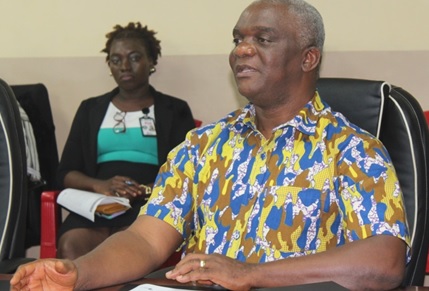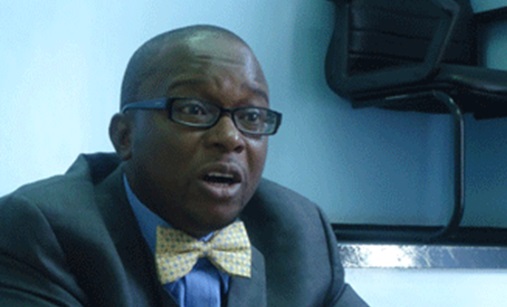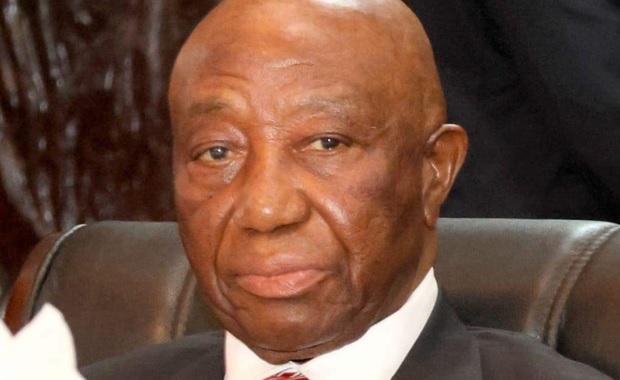MONROVIA – Liberia Revenue Authority (LRA) Commissioner General James Dorbor Jallah welcomed the launch of the OECD/UNDP Tax Inspectors Without Borders for Criminal Investigations (TIWB-CI) program in Liberia on Thursday, April 4th. He emphasized the importance of a united front among relevant government agencies in combating tax crimes and boosting domestic revenue for the country.
The TIWB-CI program, a collaborative initiative spearheaded by the Organization for Economic Co-operation and Development (OECD) and the United Nations Development Program (UNDP), aims to bolster the capacity of tax administrations (in this case, the LRA) in tackling tax crimes through the dissemination of knowledge and best practices.
Commissioner General Jallah stated, “This is a very good initiative for our country, and people who get involved in tax fraud and financial crimes should be pursued and made to account.” He emphasized the program’s role in closing revenue leakages and enhancing domestic resource mobilization to support national development, while applauding the OECD and UNDP for their support.
The LRA aims to increase revenue to US$1 billion in one year, recognizing that such an ambitious goal requires collaboration beyond the LRA alone. “For the LRA to do its work effectively and efficiently, it needs the collaboration of everyone, and the TIWB-CI project is just one of the ways to go,” Commissioner General Jallah added.
The one-day event was held in a hybrid format, enabling both local and international participants, including domestic law enforcement and financial crimes agencies in Liberia, to participate either in-person at the LRA premises or via Zoom, facilitated by the OECD.
Anthony Myers, Deputy Finance Minister for Fiscal Affairs, officially launched the project, highlighting its importance in strengthening the LRA’s capacity to raise more revenue to address the government’s low fiscal space. He expressed optimism that programs like TIWB-CI can enhance the LRA’s capacity to grow the country’s revenue.
Ben Dickinson, Head of Global Relations and Development Division at OECD, underscored the significance of the project, stating that Liberia’s participation contributes to the global initiative of fighting tax and financial crimes while fostering revenue growth for development. The OECD remains committed to supporting the LRA in achieving the project’s goals, he said.
Louis Kuukpen, UNDP Liberia Resident Representative, in a virtual statement described the project as cone that will contribute to strengthening Liberia’s domestic resource mobilization efforts. This, he indicated, will empower the government to generate revenue and allocate funding for national development. He expressed confidence that the TIWB-CI project will expand the country’s fiscal space and contribute to achieving sustainable goals.
Emma Scott, Tax and Crimes Advisor of the OECD Tax Crimes Unit, virtually presented the program objectives, highlighting the joint OECD and UNDP initiative’s aim to enable the sharing of knowledge and skills through a targeted, real-time “learning by doing” approach. The TIWB-CI Program is implemented in three phases over approximately 24-30 months: Phase 1 (Gap Analysis based on Self-Assessment), Phase 2 (Implementation), and Phase 3 (Evaluation and Impact Assessment).
The event was attended by numerous government officials and representatives, including those from the Ministry of Justice, Liberia Anti-Corruption Commission, Financial Intelligence Unit, Liberia Immigration Service, Liberia Extractive Industry Transparency Initiative, Liberia Drugs Enforcement Agency, and General Auditing Commission, all of whom pledged commitment to partnering with the LRA for the success of the project.
Adopting a ‘whole of government’ approach to combat illicit financial flows, each agency’s involvement assumes critical importance in ensuring the program’s success in Liberia.







